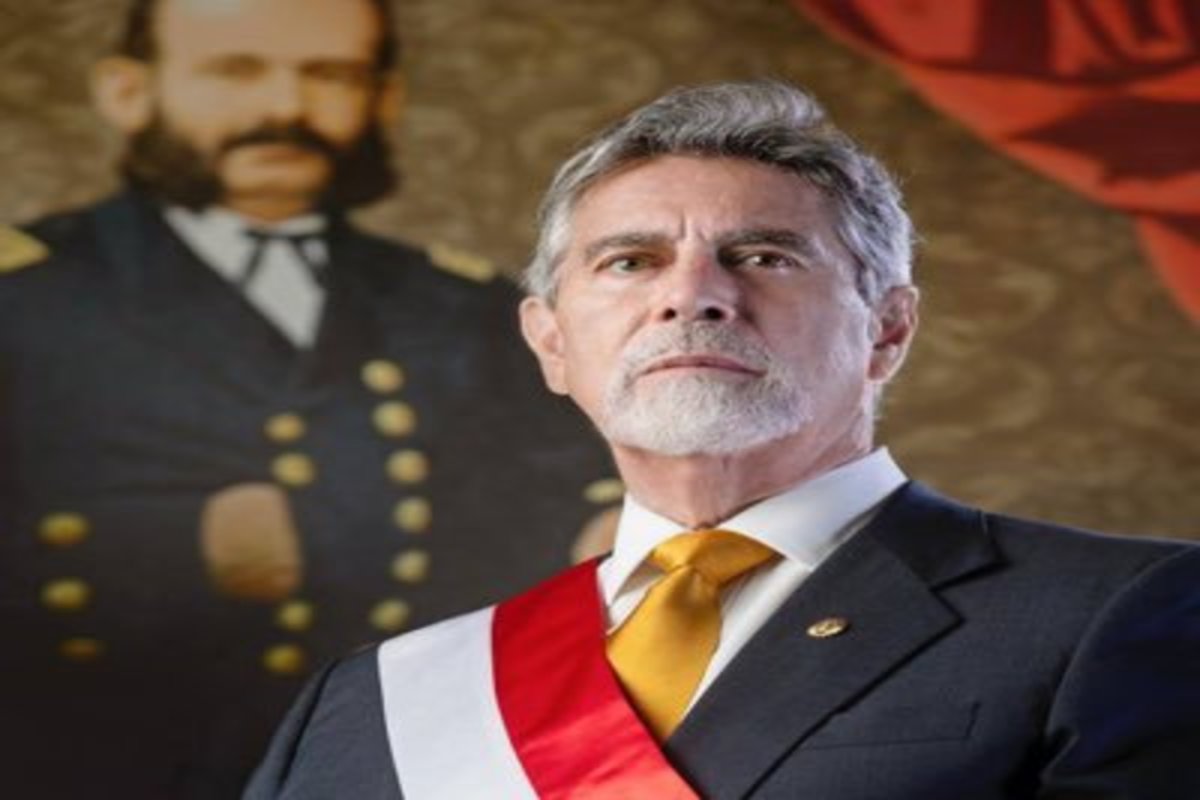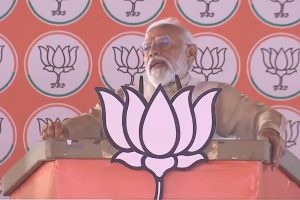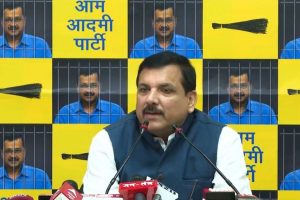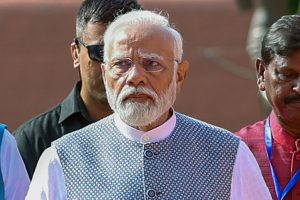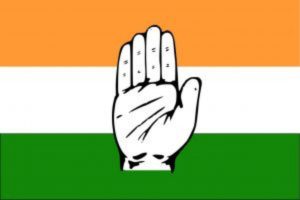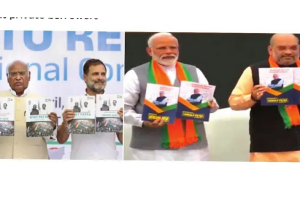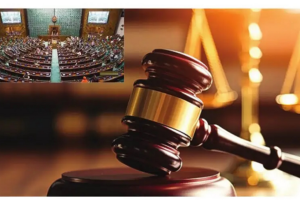The psephological swing in Peru arguably reaffirms the Leftist record of Latin America. Pedro Castillo, a trade union heavyweight, has been declared the country’s President-elect several weeks after winning the popular vote in a tightlycontested run-off election.
It is a measure of Peru’s political scenario and the inbuilt uncertainty that the country’s election authorities announced the verdict on Wednesday after reviewing claims of electoral fraud by his right-wing rival, Keiko Fujimori. Castillo has won by a wafer-thin margin.
The 51-year-old former school teacher and union leader secured just over 50 per cent of the votes. The inherent fragility of the verdict is, therefore, likely to hobble the dispensation of Castillo not the least because the verdict is almost equally weighted in favour of his opponents.
He will be sworn in as Peru’s President on 28 July. Bereft of electoral grandstanding, Castillo addressed the people in the capital, Lima, after the jury announced its decision. “We are going to work together and bring this country together,” he said.
And then the punchline ~ “We are going to reject anything that goes against democracy.”
The ideological paradigm of the Peruvian administration is distinctly clear. In a tweet, Peru’s current President, Francisco Sagasti, said he welcomed the announcement, expressing the hope that “May this be the beginning of a new stage of reconciliation, consensus and unity.”
In the hour of Castillo’s triumph, his primary opponent has been remarkably gracious as she greeted the outcome with remarkable optimism. Castillo figured prominently in the national scene four years ago when he led thousands of teachers on a successful strike over pay. In course of his presidential campaign, he pledged to nationalise Peru’s lucrative mining and hydrocarbon sectors, and said he would aim to create a million new jobs in a year.
He also proposed to re-introduce the death penalty to help tackle crime. Castillo won last month’s election by a margin of only 44,000 votes, defeating Ms Fujimori in her third bid for the presidency. He has previously claimed victory, but a series of legal challenges by Ms Fujimori delayed an official verdict from election officials. In point of fact, she had provided little evidence of her claims of election fraud, and Castillo’s Free Peru Party had rejected the accusations.
Electoral observers, including the Organisation of American States, have also said they have found no irregularities. The OAS stand virtually translates to a clean chit to the incoming President. Ahead of Monday night’s announcement, Ms Fujimori said she would accept the result.
“The truth will come out anyway,” she promised. She herself is being investigated for alleged corruption and money laundering, claims she says are politically motivated.
Her failure to become President means prosecutors can now proceed with the charges against her. She is the daughter of the former President, Alberto Fujimori, who is in jail serving a 25-year sentence for crimes including corruption and human rights abuses.

